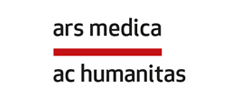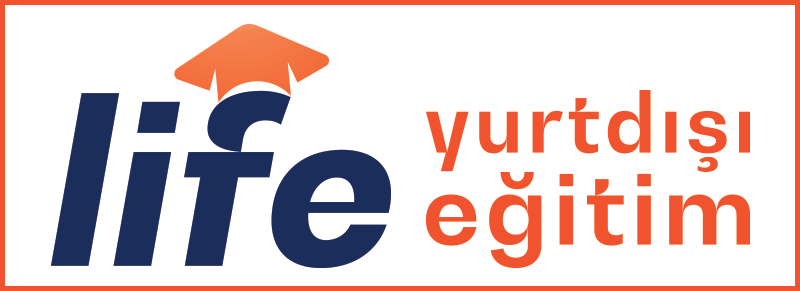Module: IELTS course
Module: IELTS course
Number of hours: 180
This course aims to improve all four skills needed for students to take their IELTS test and familiarise them with the format and content of IELTS. The focus will be on exam-preparation and exam-taking strategies as well as General English connected with the most common IELTS topics.
Course outline:
VOCABULARY
1. Government
2. Immigration
3. Climate change
4. Employment/Work
5. Education
6. Family
7. Technology and Science/Information technology
8. Art/Films/Entertainment/Music
9. Advertising
10. Global problems
11. Crime and the Law
12. Environment
13. Leisure time
14. Home/Towns/Buildings
15. Health and the Body/Diet/Fitness
16. Food/Drink/Restaurants/Cooking
17. Money
18. History and Politics
19. Sport
20. Travel/Holidays
21. Business and Industry
22. Appearance and Clothes
23. Adjectives: -ing, -ed
24. Phrasal verbs
25. Idioms and Collocations
LISTENING
Listening part of the exam consists of four sections:
a) section 1 - conversation (social context)
b) section 2 - a monologue (everyday social situation)
c) section 3 - a conversation (educational or training context)
d) section 4 - a monologue (academic context)
Examples of listening exam question types: multiple choice and gap-fill.
Skills to be developed: understanding of main ideas, understanding of specific factual information, recognising opinions, attitudes and purpose of a speaker, following the development of an argument.
READING
Candidates read three long texts and answer 40 questions.
The IELTS course exam practice consists of:
a) Academic module: exam practice is based on reading long texts - discursive, descriptive, factual and analytical.
b) General training module: exam practice is based on reading extracts from books, magazines, newspapers, advertisements, guidelines, company handbooks.
Examples of reading exam question types: true/false/not given, paragraph matching, gap-fills, jumbled sentences, multiple-choice or short answer questions.
Skills to be developed: reading for gist, reading for main ideas, reading for detail, understanding inferences and implied meaning, recognising writer’s opinions, attitudes and purpose, following the development of an argument.
WRITING
Writing exam practice is based on the mentioned above grammar and vocabulary. Students need to practise writing tasks 1 and 2.
a) Academic module:
Task 1 - students need to know how to describe, summarize or explain the information (e.g. percentage) in a given graph, chart or table.
Task 2 - students need to write an essay e.g. respond to an argument, problems or a point of view.
b) General Training Module:
Task 1 - students need to know how to write a letter regarding a given situation or explain a given situation.
Task 2 - students need to write an essay e.g. respond to an argument, problems or a point of view.
Skills to be developed: organising content depending on the task type, coherence and cohesion, using language and grammar appropriate for the task.
SPEAKING
Speaking exam practice is based on the mentioned above grammar and vocabulary.
Exam practice consists of three exam parts:
Part 1 - introduction and interview (familiar topics)
Part 2 - long-turn
Part 3 - discussion
Skills to be developed: the ability to communicate opinions and information on everyday topics, the ability to speak at length on a given topic using appropriate language and discourse markers, the ability to express and justify opinions and to take part in a discussion.
Bibliography:
1 Complete IELTS or Ready for IELTS.
2 Objective IELTS Intermediate. https://www.bookcity.pl/objective-ielts-intermediate
3 Complete IELTS band 5-6.5. https://www.bookcity.pl/complete-ielts-bands-5-65
4 Podręcznik: Ready for IELTS.2nd edition. Macmillan. https://www.bookcity.pl/ready-for-ielts
5 Cambridge IELTS 14 General Training (2019). https://www.bookcity.pl/cambridge-ielts-14-general-training
6 Common mistakes at IELTS Intermediate. https://www.bookcity.pl/common-mistakes-at-ielts-intermediate-and-how-to-avoid-them
7 Raymond Murphy. English Grammar in Use. Third Edition.
8 Cambridge Grammar for IELTS.














